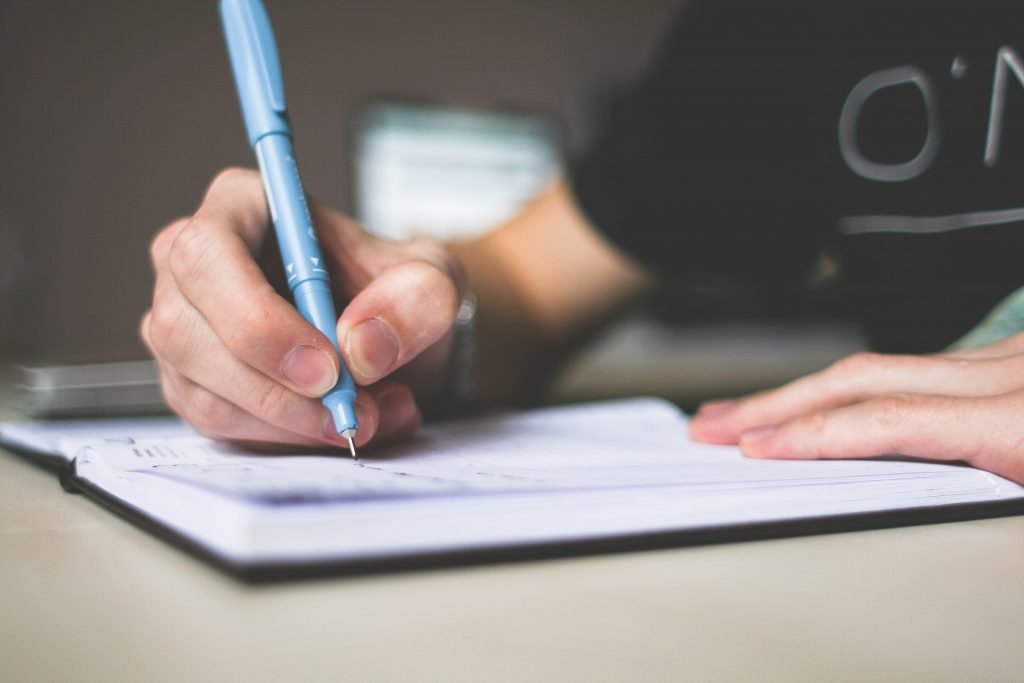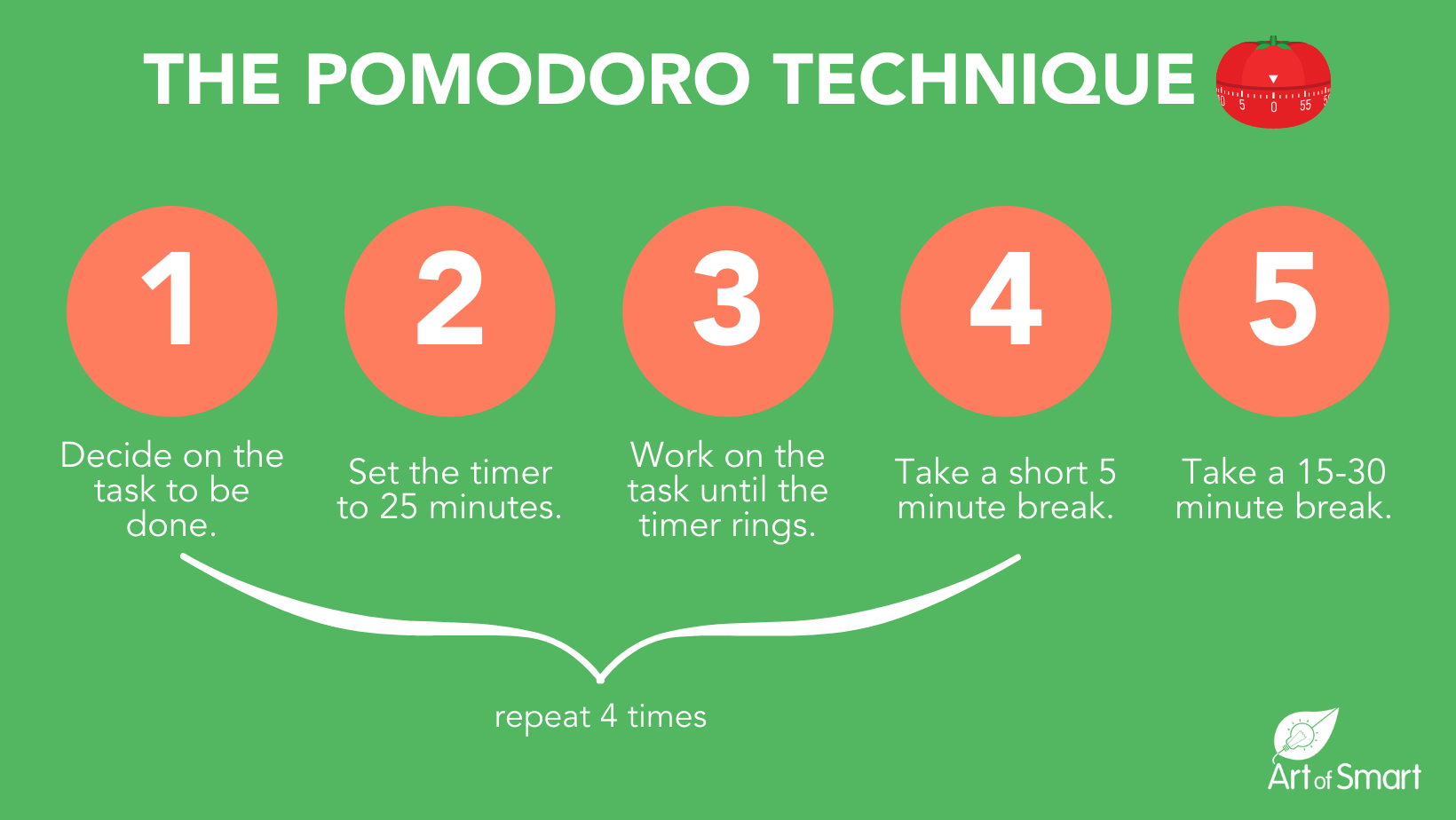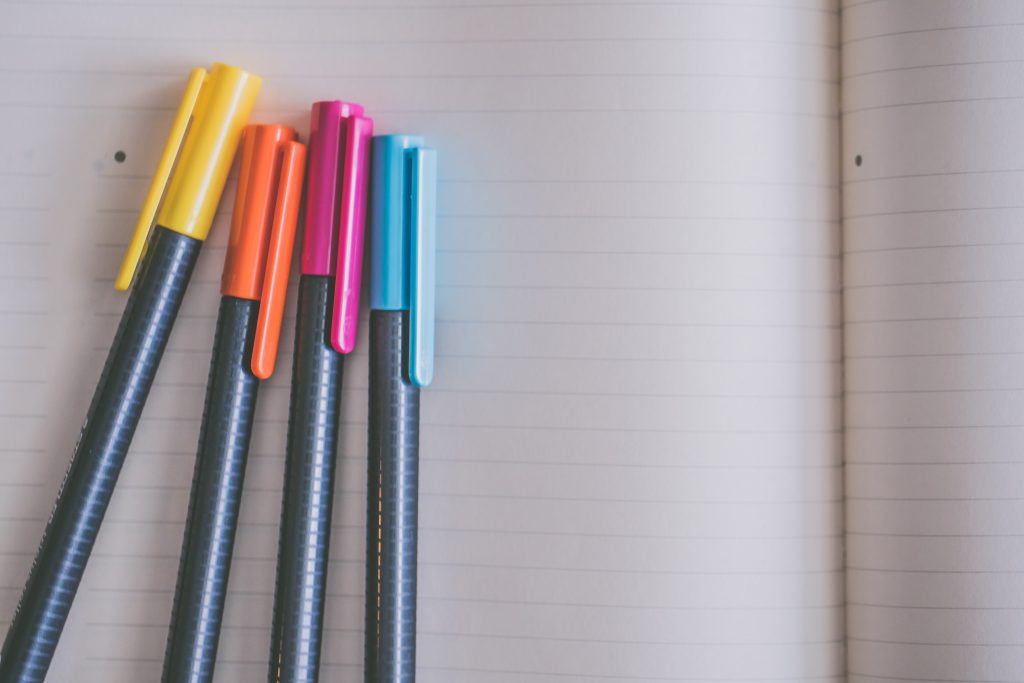With only 7 days left until your Chemistry exam, you may not be feeling as prepared as you’d like — that’s where our 7-day HSC Chemistry study plan comes in!
With a week left until your exam, every day counts! We’re here to give you some guidance for your week and help keep you on track with our HSC Chemistry study plan!
So, let’s jump into it!
Day 1: Basic Revision
Day 2: Practice Makes Perfect
Day 3: Responding to Feedback
Day 4: First-Hand Investigations
Day 5: A Final Brush-Up!
Day 6: More Practice Papers
Day 7: Tie Up Loose Ends
Day 1: Basic Revision for HSC Chemistry
There are four modules to the year 12 syllabus – so spend today making sure you understand everything.
Take 25 minutes to revise one section, then take a 5-minute break. Do this 4 times, then break for 15 min.
This is called the Pomodoro method, and it helps keep you on the top of your game while you study.
If you can’t get through a whole module in one 25-minute block, fret not – just spend another one (or part of one) on it until you’ve cleaned it up. Remember to use the syllabus to guide your revision!
The Pomodoro method is a great life-hack that will help you at Uni too: It syncs up the natural limit of human concentration (about 25 min) with allocated breaks to feed your brain’s reward circuity – which keeps your reward-seeking procrastination under control.
So, take as long as you need to revise each module, but break it up in to many 25 minute “pomodori”!
If you’re struggling with concepts from HSC Chemistry, it’s definitely worth checking out HSC Together which has FREE video resources on each Chemistry syllabus dot point, explaining important Chemistry concepts!
When you’ve covered a whole topic area, do 5 to 10 practice questions, just to wrap up.
The Dot Point book from SciencePress (Schell & Hogan) is a great resource for these – but the NESA resources, past papers, textbooks and probably your teacher are all excellent resources too.
Day 2: Practice Makes Perfect
Spend today doing a practice paper – under full exam conditions.
No notes, just you and an exam paper (and black pen and calculator) in a room for three hours.
When three hours are up, stop working. If you finish in two hours, revise your answers.
Remember, you have three hours in the exam room, so you need to get used to spreading the paper out over that time.
Start planning right now to have 30 mins of answer-checking time (it can be a game-changer if you can position yourself this way) – that’s 1.5 minutes per mark on average.
If possible, get a friend (or a group of friends) to do it with you. If there’s more than one of you, you’ll be less likely to the break the illusion. It also means you can trade papers to mark them.
That said, if it’s not doable, try and get a family member to ‘supervise’.
Make sure that, after self-marking your paper, you give it to a friend, teacher (or preferably both) for feedback.
They’ll notice things you can’t, like issues with answer structure, or problems interpreting questions. Boom – teamwork.
The more eyes and brains there are on a task the higher the chance of you all filling in each other’s gaps (otherwise your marking will be a product of your own strengths and weaknesses alone).
Study smart before you study hard!
Day 3: Responding to Feedback
You may find you’ll need to spend quite a lot of time today finding your teacher to get feedback on yesterday’s practice paper, and this could waste a lot of time.
Use this time either to rest or prepare for other subjects, depending on your needs. Once you have your feedback, make sure you use it right.
Go through the marked paper with a copy of the syllabus, and see if you’re struggling with any particular topics (highlight them!).
Maybe you won’t be – perhaps your difficulties are more with structure. Whether you struggle with understanding Module 5: Equilibrium and Acid Reactions or other modules, pick out and answer questions to address them.
Make sure you follow through.
It’s all about the follow-through!
You sat down yesterday to do the exam as an intel-gathering experiment to grab real data on which areas you should use your limited time to target before the exam.
It’s all worthless if you don’t use that data. Knowledge is power – adjust your plan accordingly.
Know what your weaknesses are
If there’s a topic you’re struggling with, go to your textbook and try questions from its chapter.
Use your notes to support you if you get really stuck. If you need more support, consider our small group tutoring or 1-1 Chemistry Tutoring at our Hornsby or Hills Campuses or 1-1 in your own home.
If you’re more struggling with structure, find questions from past papers or other resources that are worth 4+ marks, and try to answer them as clearly as possible.
Consider spending more time on planning before you write.
Students are sometimes great at choosing the right answer but freeze-up when they have to explain multiple concepts in words from scratch on a 8-marker.
It’s all about identifying what to optimise your attention on.
Day 4: First-Hand Investigations
People seem to forget these are a major part of the syllabus!
Make sure you’re ready familiar with the fundamentals of every prac:
- What was the independent variable?
- What was the dependent variable?
- Was a control sample used?
- What were the results?
- What chemical theory explains them?
Be ready to write out a full method for any prac, and make sure to do it with all the detail of a scientist!
That means what glassware was used, how big it was, how much of each chemical was used, how long it should be left to react!
Make sure you can answer any of these questions off the cuff.
As a test, can you write a solid method for getting to this diagram, and explain why this result is observed?
Also prepare to identify flaws in experimental technique.
You’ll commonly be presented with a question about a hypothetical experiment and have to propose ways it could be improved.
Remember to zero in on accuracy, reliability and validity (make sure you’re crystal clear about the difference between these words).
Think about any relevant control samples you might need, or whether there are any variables you need to actively attempt to control, as well as any unavoidable errors.
This could mean something like the heat lost to the atmosphere from a spirit burner when you’re trying to find the heat of combustion of a substance.
Make sure you’re on the ball! Think about what could change the results.
The new syllabus made a big push towards practical-based assessment (with depth studies and other internal practicals with less exam-based school assessments) – many of these pracs will show up again in your exam!
Day 5: A Final Brush-Up!
Now that you’ve had a bit of down time with your mind in prac land, go back to your exam from Day 2.
Really crack down on anything you feel like you don’t understand.
Seek help if you need it, and spend two hours (broken up into 25-minutes blocks of work and 5-minute breaks, like on day 1) hitting the hardest practice questions you can find.
The goal is to be 100% confident on all the material by the end of today, so rewrite your notes if you need to reinforce your memory.
Day 6: More Practice Papers
Do another practice paper, just like you did on Day 2.
Your brain needs to learn exactly how to reproduce-on-paper all the gaps you’ve just spent all that time filling in.
Do it as early in the day as you possibly can so that you have plenty of time to seek feedback.
Take your time picking out any strengths and weaknesses because that’ll more or less decide what you do on the final day.
Really lean on the syllabus so you know where you’re headed in terms of your strengths and weaknesses.
Day 7: Tie Up Loose Ends
With crunch time being tomorrow, there’s not enough time to do another exam and get feedback.
So, gather all the data on your strengths and weaknesses from days 2 and 6, and really sink your teeth into reinforcing your weak areas.
Rewrite notes and research anything that you’re not understanding.
Take special notice of the syllabus and look through past papers to try and find trends.
Chemistry teachers aren’t the most creative bunch, so you’ll find there are plenty of question types that recur – you can rely on them to appear for you as well.
Take a stroll through the past papers, stopping on hand-picked questions you’re not confident about – iron these out.
Take care of yourself!
Remember that today especially, you need to take care of yourself.
It’s just as important to go in calm, well rested and well fed as it is to go in with all the information, so listen to your body and make sure you’re not overworking yourself.
Get yourself prepared and have all your stationery in one place ready to book it to the exam tomorrow with minimum stress.
And that wraps up our 7 day HSC Chemistry study plan! Good luck!
On the hunt for a study plan for a subject aside from HSC Chemistry?
Check out the various 7-day study plans below for other subjects:
- Economics
- Standard and Advanced English
- Legal Studies
- Biology
- Advanced Mathematics
- Standard Mathematics
- Ancient History
- Visual Arts
Looking for some extra help with executing your HSC Chemistry study plan?
We pride ourselves on our inspirational HSC Chemistry coaches and mentors!
We offer tutoring and mentoring for Years K-12 in a variety of subjects, with personalised lessons conducted one-on-one in your home or at one of our state of the art campuses in Hornsby or the Hills!
To find out more and get started with an inspirational tutor and mentor get in touch today!
Give us a ring on 1300 267 888, email us at [email protected] or check us out on TikTok!
Matt Saunders is a huge nerd who first got into writing through fanfiction. He’d known science was the path for him since a young age, and after discovering a particular love of bad chemistry jokes (and chemistry too), he’s gone onto to study Forensic Chemistry at UTS. His HSC in 2014 was defined in equal parts by schoolwork and stagecraft, which left him, weirdly enough, with a love of Maths strong enough to inspire him to tutor any level, along with 7-10 Science and HSC Chemistry.












